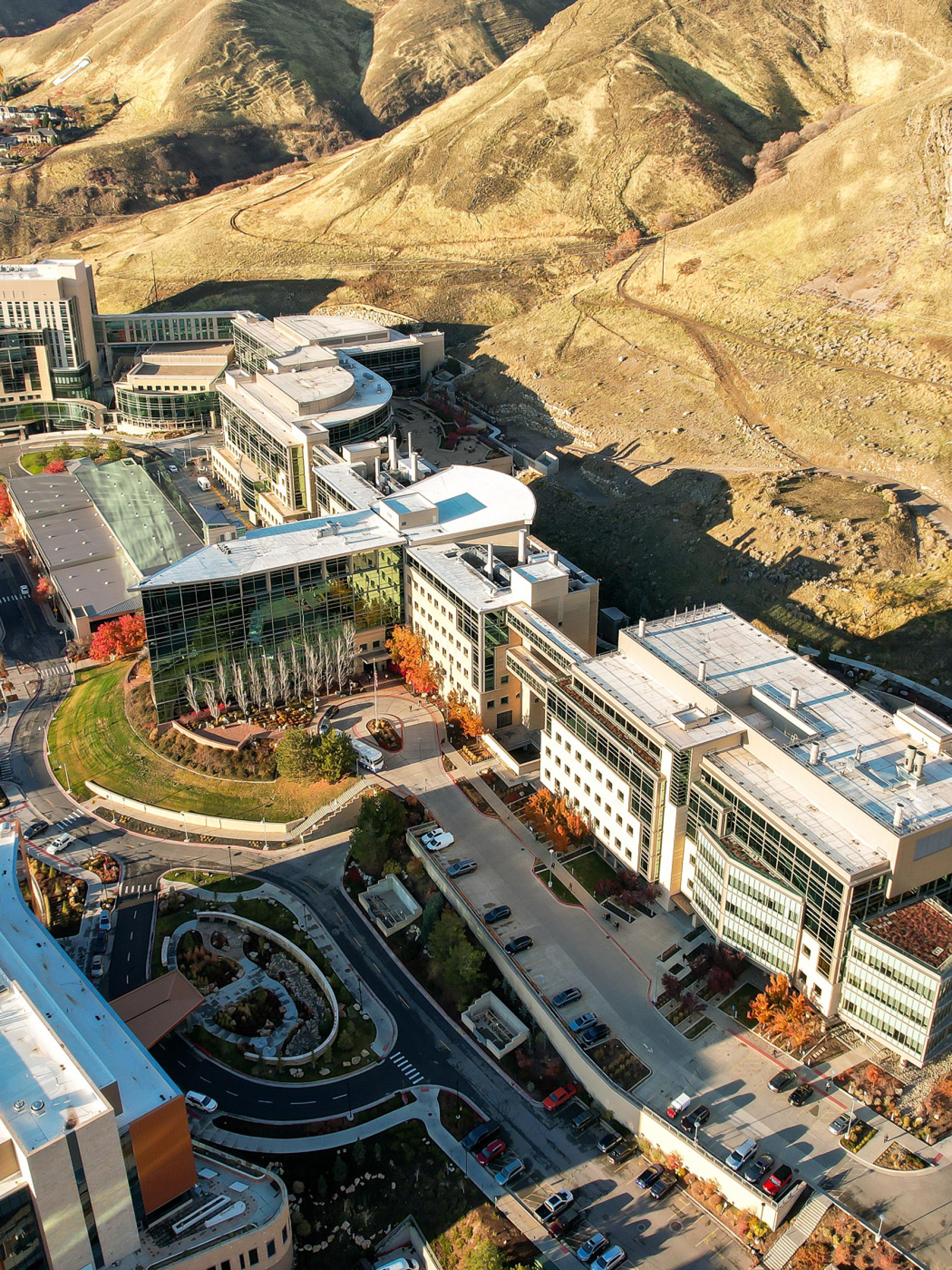
Curriculum
The sleep medicine training program is designed to provide individuals with an opportunity to achieve fundamental knowledge, procedural skills, practical experience, and professional and ethical behavior necessary for the subspecialty of sleep medicine.
Fellows will care for patients with all types of sleep disorders, encompassing all age groups. Efforts are made throughout the fellowship to emphasize the integration of fundamental medical knowledge, disease prevention, social, psychological, and economic issues.
Goals and Objectives
The Sleep Medicine Fellowship Program is structured around goals and objectives derived from three primary sources: the ACGME Milestones, the ACGME subspecialty requirements for Sleep Medicine Training programs, and additional input from the sleep medicine faculty.
We want fellows to:
- Develop skills necessary to perform polysomnograms (PSG), multiple sleep latency tests (MSLT), and maintenance of wakefulness tests (MWT) from preparation and hookup of the patient to the completion of the study.
- Scoring and interpretation of PSG, MSLT, MWT, and recognition of artifacts, including full montages with additional EEG leads for seizure detection.
- Learn the technical aspects of performing inpatient polysomnography. This includes learning Wireless Inpatient Polysomnography (WIP), which was first described in a peer reviewed journal in a paper by our laboratory.
- Gain the ability to gather a comprehensive sleep history in adults and children incorporating collateral information from bed partners, parents, and care givers.
- Perform accurate upper airway, cardiorespiratory, and neurologic examination.
- Formulate a relevant differential diagnosis in order to appropriately select testing and therapy and gain expertise in the different therapeutic options available.
- Develop a comprehensive understanding of indications, contraindications, limitations, complications, techniques, and interpretation of results of diagnostic and therapeutic procedures integral to sleep medicine.
- Acquire skill and knowledge in educating patients regarding sleep disorders, their diagnoses, and treatments.
- Learn how to communicate effectively with referring physicians, sleep laboratory and office personnel, and patients and their families.
- Gain expertise in the basic science of sleep medicine.
Clinical Training
Clinical training takes place at a number of different sites. Adult outpatient clinical training takes place at LDS Hospital, Avenues Clinic, The Orthopedic Specialty Hospital (TOSH), Riverton Hospital, the University of Utah Sleep-Wake Center, and the George E. Wahlen VA Medical Center.
Adult inpatient clinical training takes place at Intermountain Medical Center and LDS Hospital.
Pediatric outpatient clinical training takes place at Primary Children’s Hospital.
Education
Each fellow will attend weekly case conferences and Sleep Grand Rounds. Fellows will present twice at Sleep Grand Rounds during the year and will present at case conference at least twice during the year.
Research
Every fellow will be expected to conduct research with the ultimate goal of publishing a manuscript or presenting at a national meeting.
We expect fellows to identify a research project within the first two months. Then, that research will be conducted throughout the fellowship with the above goal in mind.
The committee prefers for fellows to identify a faculty member to serve as his/her research mentor to meet with regularly to review progress, help develop ideas, and to maintain momentum in his/her work.
The final 1-2 months of the fellowship may include a research rotation to help finalize his/her work.
Academic Meetings
Fellows are encouraged to attend at least one national conference during the year.
